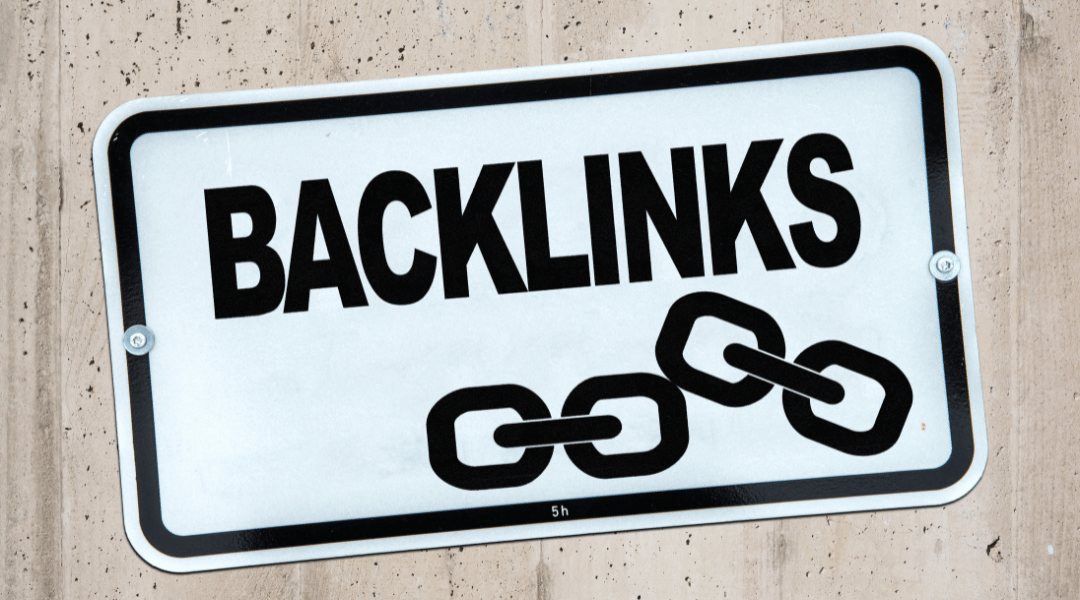Why Your Backlinks are Declining and How to Stop It
Are you eager to improve your website’s search engine visibility? Mastering effective backlink building strategies is essential. In this comprehensive guide, we’ll delve into the top 10 tips and expert techniques for building quality backlinks. Whether you’re a seasoned SEO professional or new to the game, implementing these strategies can significantly enhance your website’s ranking and online presence. Let’s explore the world of backlink building and unlock the secrets to success!
Understanding Backlink Decline
Before we dive into solutions, let’s first understand why backlinks might be declining in the first place. There are several factors that could contribute to this phenomenon:
1. Natural Decay:
a. Content Updates: Websites frequently update their content to keep it relevant and engaging for their audience. As a result, backlinks to specific pages may become outdated or irrelevant if the linked content undergoes significant changes or gets removed altogether.
b. Page Removal: Webmasters may periodically clean up their sites by removing old or underperforming pages. If your backlinks are pointing to these pages, they’ll naturally disappear along with the content.
c. Website Redesigns: When websites undergo redesigns or restructuring, URLs may change, leading to broken backlinks. While efforts are typically made to redirect old URLs to new ones, some backlinks may still be lost in the transition.
2. Algorithm Updates:
a. Quality Assessment: Search engine algorithms continuously refine their criteria for evaluating the quality of backlinks. What was once considered a valuable backlink may now be deemed low-quality or spammy, leading to its devaluation or removal from search engine consideration.
b. Penalty Enforcement: Algorithm updates like Google’s Penguin algorithm are designed to penalize websites engaging in manipulative link-building practices. If your site is associated with spammy or unnatural backlinks, it may incur penalties, causing a decline in overall backlink count and quality.
3. Link Removal:
a. Change in Strategy: Webmasters may reassess their linking strategies over time, leading them to remove backlinks that no longer align with their goals or target audience.
b. Relevance Shift: If your content becomes less relevant to the linking website’s audience or niche, they may opt to remove the backlink to maintain coherence and relevance in their content.
4. Competitor Activity:
a. Negative SEO Tactics: Unethical competitors may resort to negative SEO tactics, such as building spammy backlinks to your site or submitting disavow requests for legitimate backlinks, with the intent of harming your search engine rankings.
b. Disavowal Requests: Competitors or malicious entities may submit disavowal requests to search engines, claiming that your backlinks are spammy or unnatural. While search engines evaluate these requests, it could result in the devaluation or removal of legitimate backlinks from consideration.
1. Natural Decay: Over time, some backlinks may naturally decay as websites update their content, remove old pages, or undergo redesigns. It’s a normal part of the digital landscape, but it can still affect your backlink profile.
2. Algorithm Updates: Search engine algorithms are constantly evolving, and what may have been considered a high-quality backlink in the past could now be seen as spammy or low-quality. Algorithm updates, such as Google’s Penguin algorithm, can lead to the devaluation of certain types of backlinks.
3. Link Removal: Sometimes, webmasters may remove backlinks to your site for various reasons. It could be due to a change in their linking strategy, a shift in their niche focus, or simply because they no longer find your content relevant.
4. Competitor Activity: Your competitors may actively be working to undermine your backlink profile by disavowing links, reporting spammy links, or engaging in negative SEO tactics.
Now that we’ve identified some potential causes, let’s explore how you can combat backlink decline and safeguard your website’s SEO performance.
Strategies to Prevent Backlink Decline
1. Monitor Your Backlink Profile Regularly
Regularly monitoring your backlink profile is essential for identifying any declines or irregularities. Use tools like Ahrefs, Moz, or SEMrush to track changes in your backlink count, quality, and referring domains. This proactive approach allows you to address issues promptly before they spiral out of control.
2. Focus on Quality Over Quantity
In the past, the mantra in SEO was to acquire as many backlinks as possible, regardless of their quality. However, in today’s landscape, quality reigns supreme. Instead of chasing after every backlink opportunity, focus on building relationships with authoritative websites in your niche. Quality backlinks from reputable sources will have a far greater impact on your SEO than a slew of low-quality links.
3. Diversify Your Backlink Portfolio
Relying too heavily on a single source for backlinks leaves your website vulnerable to fluctuations. Diversify your backlink portfolio by acquiring links from a variety of sources, including guest posts, press releases, directory submissions, and social media platforms. This not only reduces the risk of decline but also strengthens your overall link profile.
4. Engage in Link Reclamation
Sometimes, backlinks to your site may be lost due to broken links, page deletions, or website migrations. Engage in proactive link reclamation by reaching out to webmasters and requesting that they fix or replace broken links pointing to your site. This simple yet effective strategy can help you regain lost backlinks and maintain your link equity.
5. Stay Abreast of Algorithm Updates
Knowledge is power in the world of SEO, so stay informed about any algorithm updates that could impact your backlink profile. Subscribe to reputable SEO blogs, follow industry experts on social media, and participate in forums to stay abreast of the latest trends and best practices.
Conclusion
Backlinks are a cornerstone of effective SEO, but they’re not immune to decline. By understanding the factors that contribute to backlink decline and implementing proactive strategies to prevent it, you can safeguard your website’s SEO performance and maintain your rankings in the ever-changing digital landscape. Remember, it’s not just about acquiring backlinks—it’s about nurturing relationships, fostering quality, and staying one step ahead of the competition.
Stay on top of the latest AI trends and developments with Disrt Infotech.Contact us today to learn more about our Funnel & Branding services and how we can help your business succeed online.






